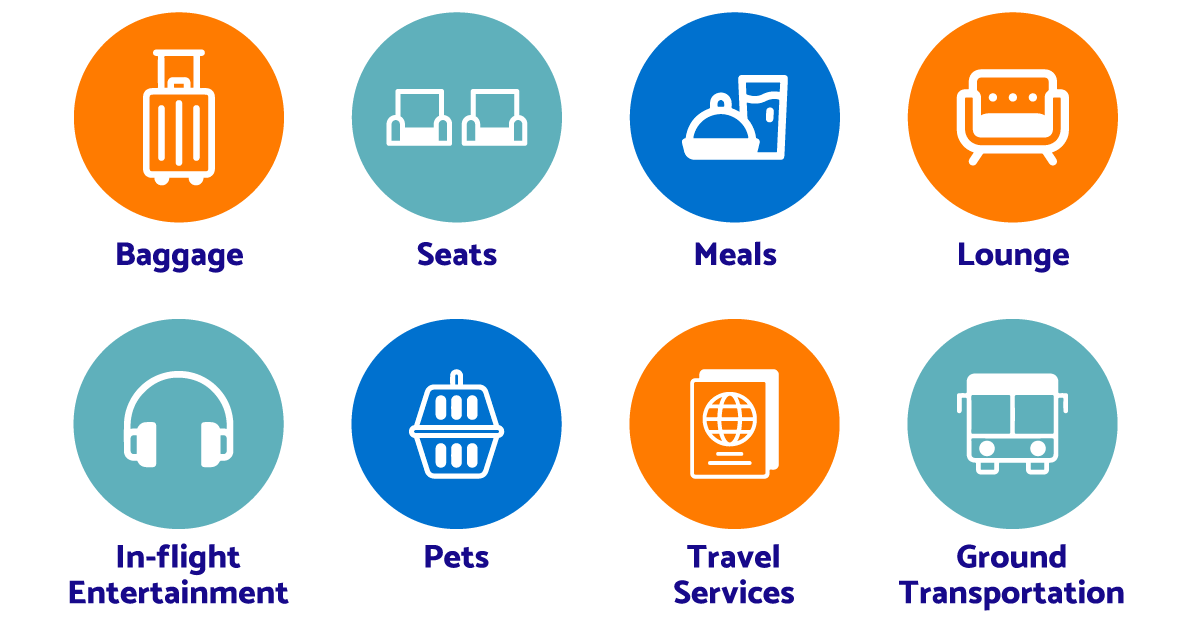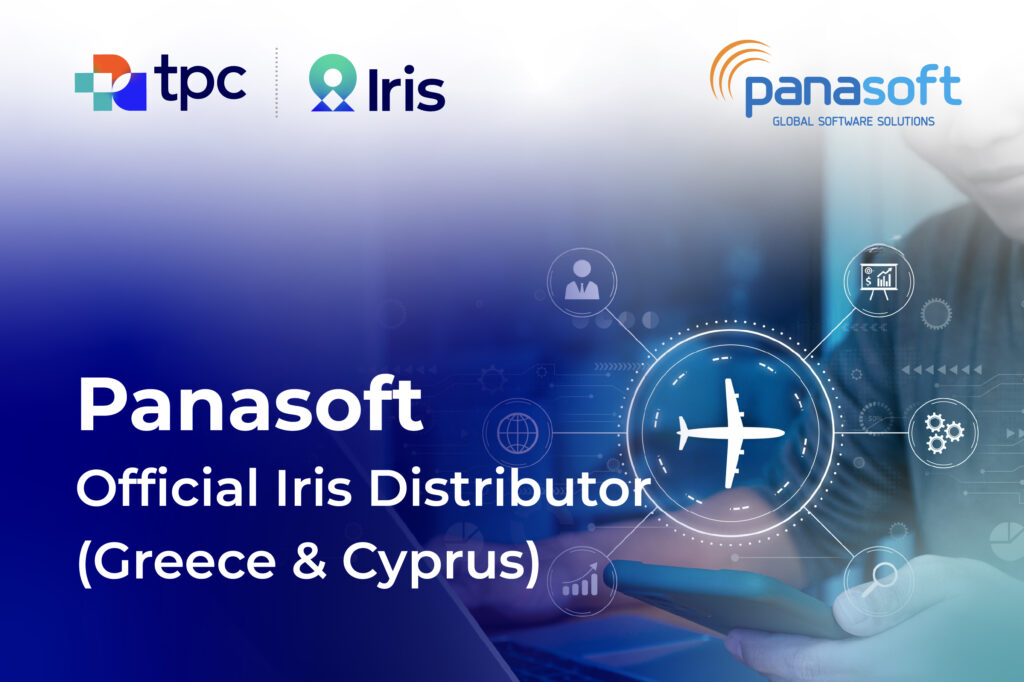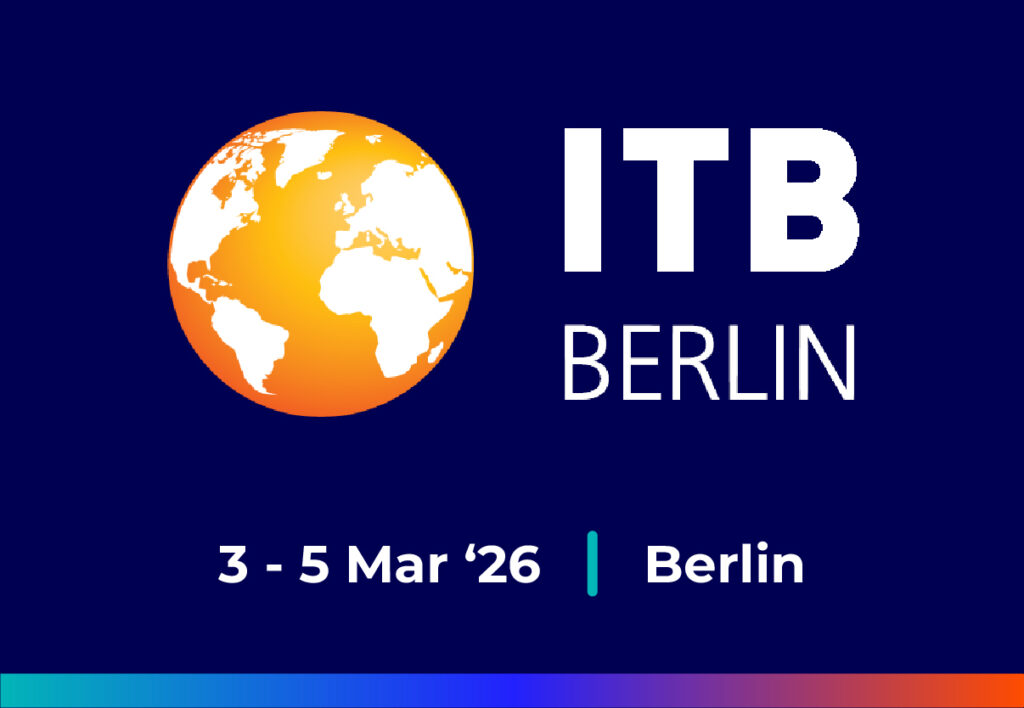The Impact of Modern Air Retailing on Ancillary Sales and More
Introduction
In our recent webinar on ‘Demystifying NDC for Travel Sellers’, Paul Ryumugabe, our VP of Product spoke about the opportunities in adopting NDC and its impact on the travel industry. He also touched on how NDC can generate additional revenue for Travel Sellers.
The travel industry is undergoing a significant transformation, driven by the adoption of the IATA’s New Distribution Capability (NDC) and Modern Air Retailing. NDC is a travel industry-supported program that improves the capability of communications between airlines and travel agents. For airlines and travel sellers, this presents numerous revenue opportunities, particularly through the sale of ancillaries and enhanced data capabilities.
The NDC Advantage
NDC allows airlines to distribute their content more effectively, offering products and services in a personalized and dynamic manner. For travel sellers, this means access to a richer content offering, including ancillaries that were previously difficult to book through traditional Global Distribution Systems (GDS).
- Expanded Ancillary Sales
One of the most direct revenue opportunities is the increased sale of ancillary services. Ancillaries include additional options such as seat selection, extra baggage, in-flight meals, airport transfers, and room upgrades, which often have higher profit margins than the base airfare.
According to a 2023 report by CarTrawler, ancillary services are projected to generate significant revenue for airlines, with an estimated value of $118 billion globally in 2023. For travel sellers, the ability to offer these services seamlessly at the point of sale enhances customer experience and increases the average transaction value. Implementing NDC can result in a 15-25% increase in ancillary sales, as per data from other industry report.
- Customized Offers
NDC’s capability to deliver rich content also enables travel sellers to provide more customized and tailored offers to their customers. This personalization can be based on customer data such as past purchases, browsing behavior, and preferences. The NDC standard supports this level of customization, which can lead to higher conversion rates and increased customer loyalty.
A study by Atmosphere Research Group highlights that personalized offers can boost revenue by creating a differentiated booking experience that encourages customers to purchase additional tailored services.
- Improved Data Insights
NDC enhances the ability of travel sellers to access detailed data from airline bookings. This data can include information on customer preferences, buying behavior, and price sensitivity. With better insights, travel sellers can optimize their marketing and sales strategies, promote higher-yield products, and improve overall business intelligence.
According to research by Phocuswright, data-driven personalization in travel can increase sales by up to 20% by targeting the right customer with the right offer at the right time.
- Efficiency in Distribution
NDC allows travel sellers to access fares and products directly from airlines. This direct access can reduce distribution costs and increase the efficiency of the booking process. A report from IATA suggests that NDC can reduce distribution costs offering significant savings particularly for high-volume travel sellers.
Challenges and Considerations
While the opportunities with NDC are substantial, there are also challenges to consider. Implementation costs, the need for technological upgrades, and training staff to handle new systems and offerings are all factors that need consideration. Furthermore, as the NDC landscape is still evolving, ongoing adaptation and engagement with technology partners are crucial.
The implementation of NDC opens a range of revenue opportunities for travel sellers, from enhanced ancillary sales and personalized offerings to improved efficiency and data insights. As the industry moves towards more personalized and customer-centric services, those who adopt NDC early and effectively will likely gain a competitive edge in the market. To fully realize these benefits, travel sellers must invest in the right technologies and strategies that align with their business objectives and customer needs. By doing so, they can not only increase their revenue potential but also significantly enhance the traveler experience.
Iris: Your Platform for Revenue Growth
The Iris platform enables agents to access air content and ancillaries from multiple sources, including New Distribution Capability (NDC), Low-Cost Carriers (LLC), aggregators, and Global Distribution Systems (GDS) in a single, customizable shop. A SaaS model means a low barrier to entry, including low upfront costs, pay-as-you-go pricing, and no ongoing technology challenges.
Iris helps travel sellers generate revenue on seats and ancillaries by providing funtionality that offers content choice and pricing flexibility.
Drive Revenue Growth Through Multiple Ancillary Services





